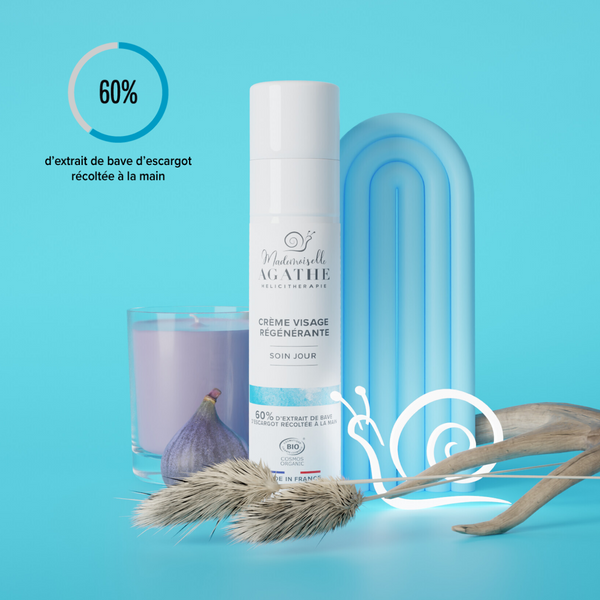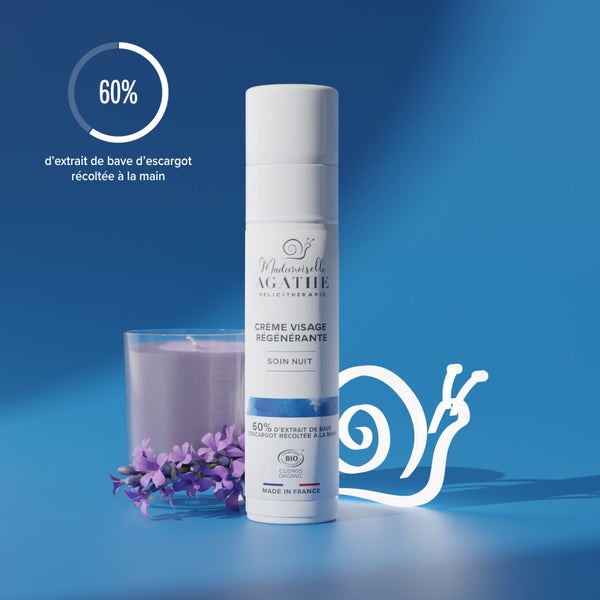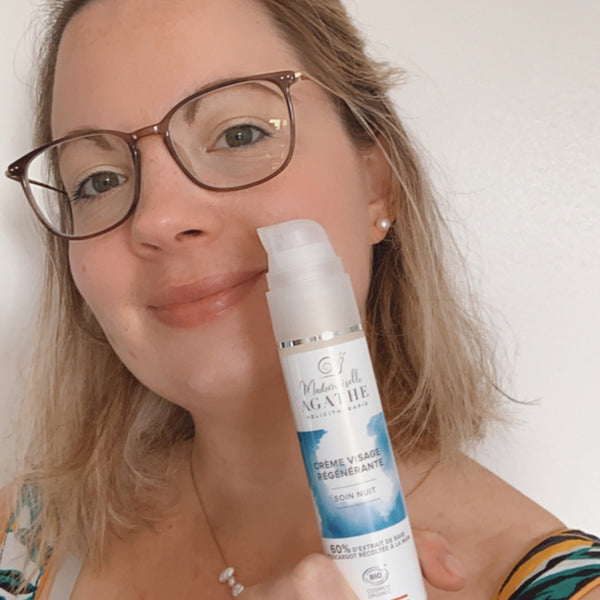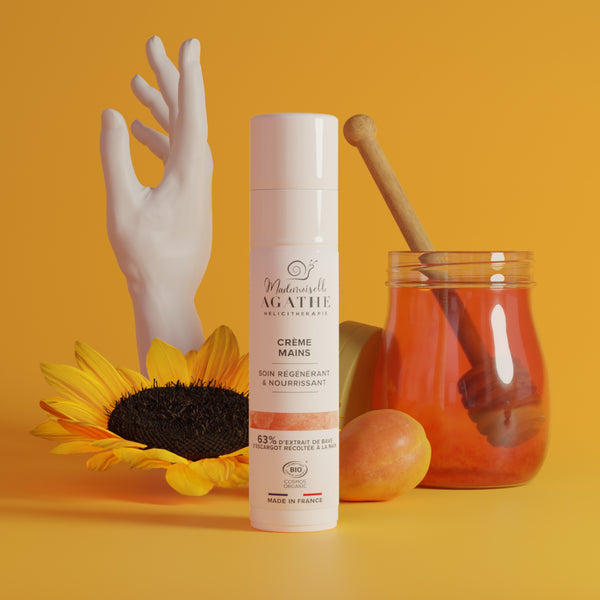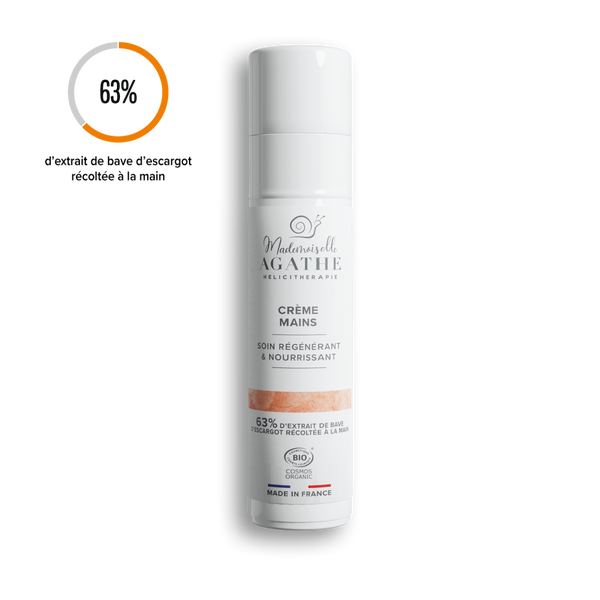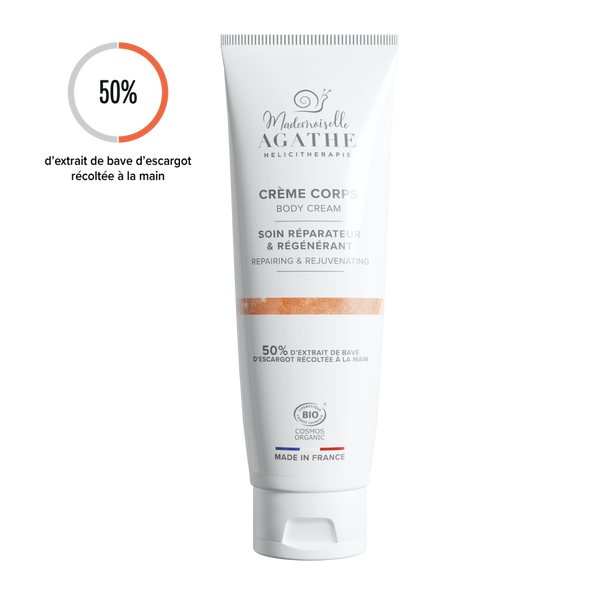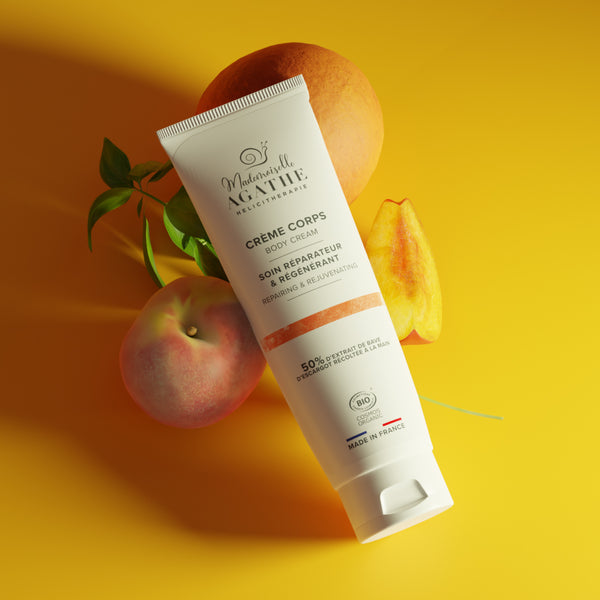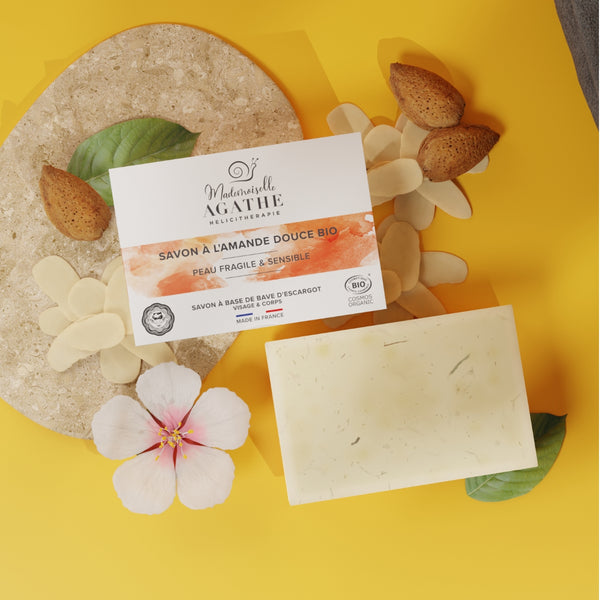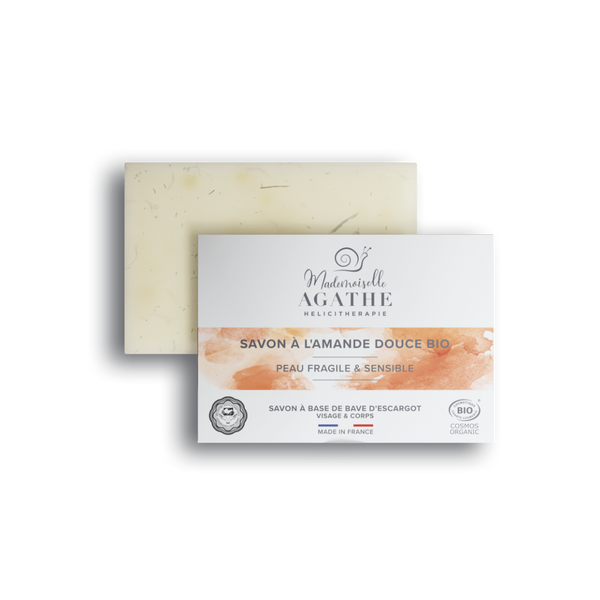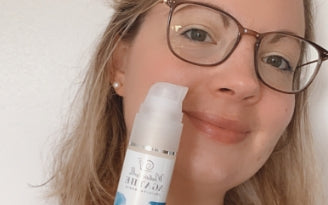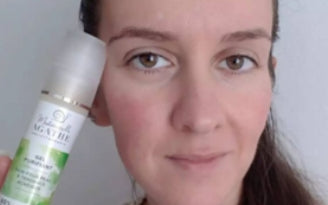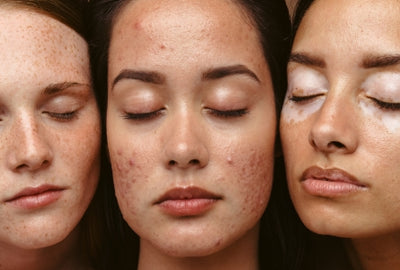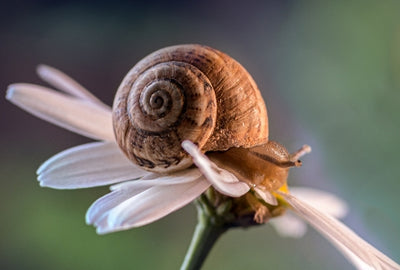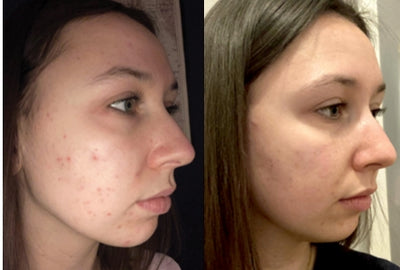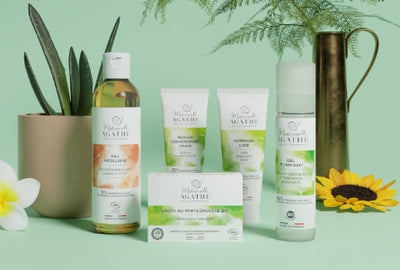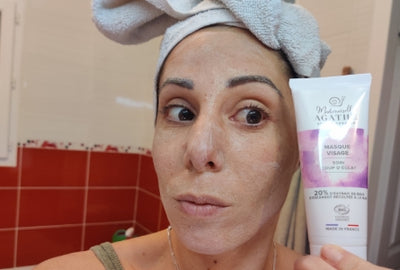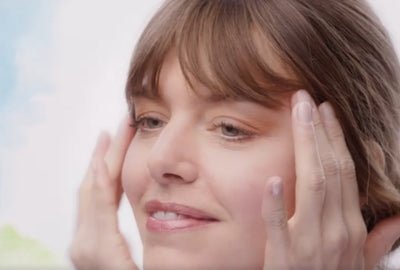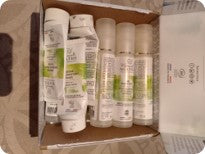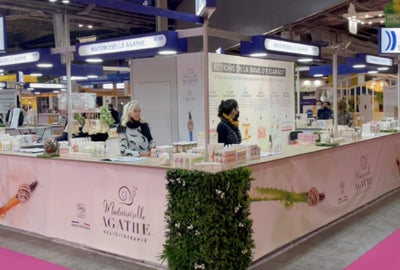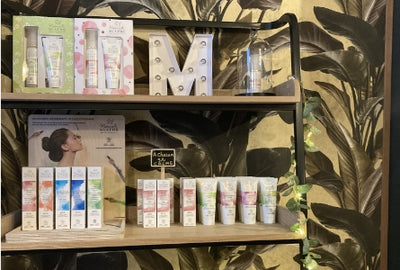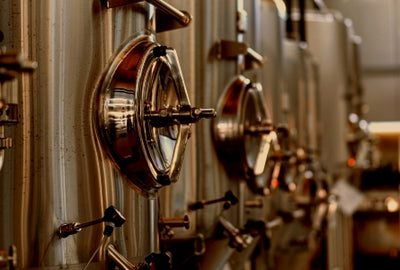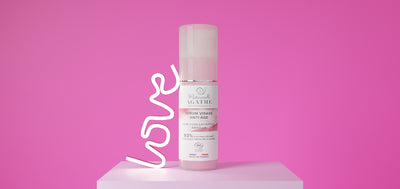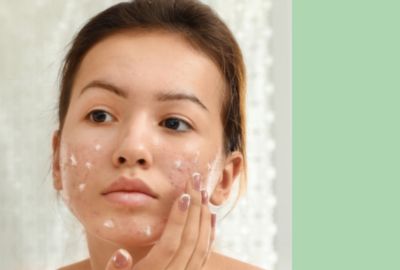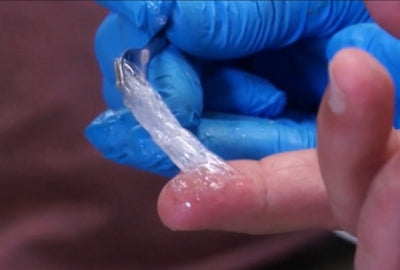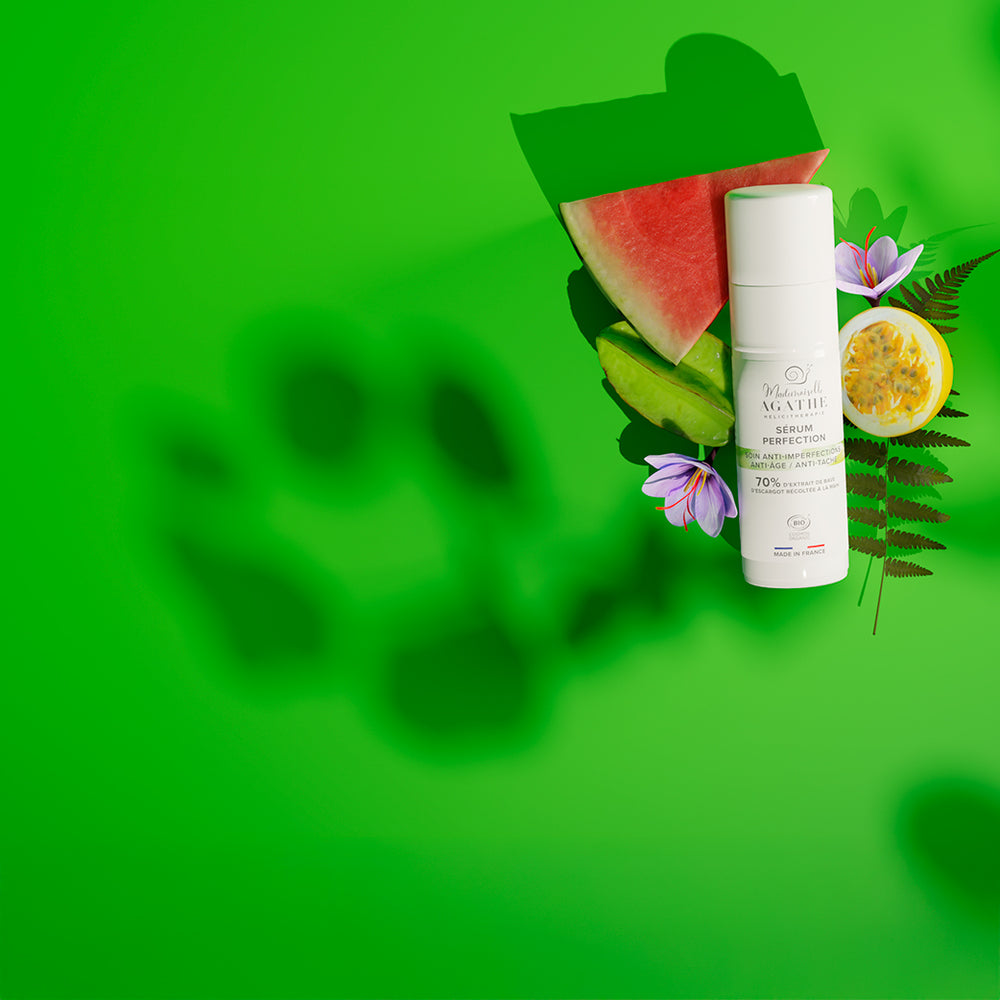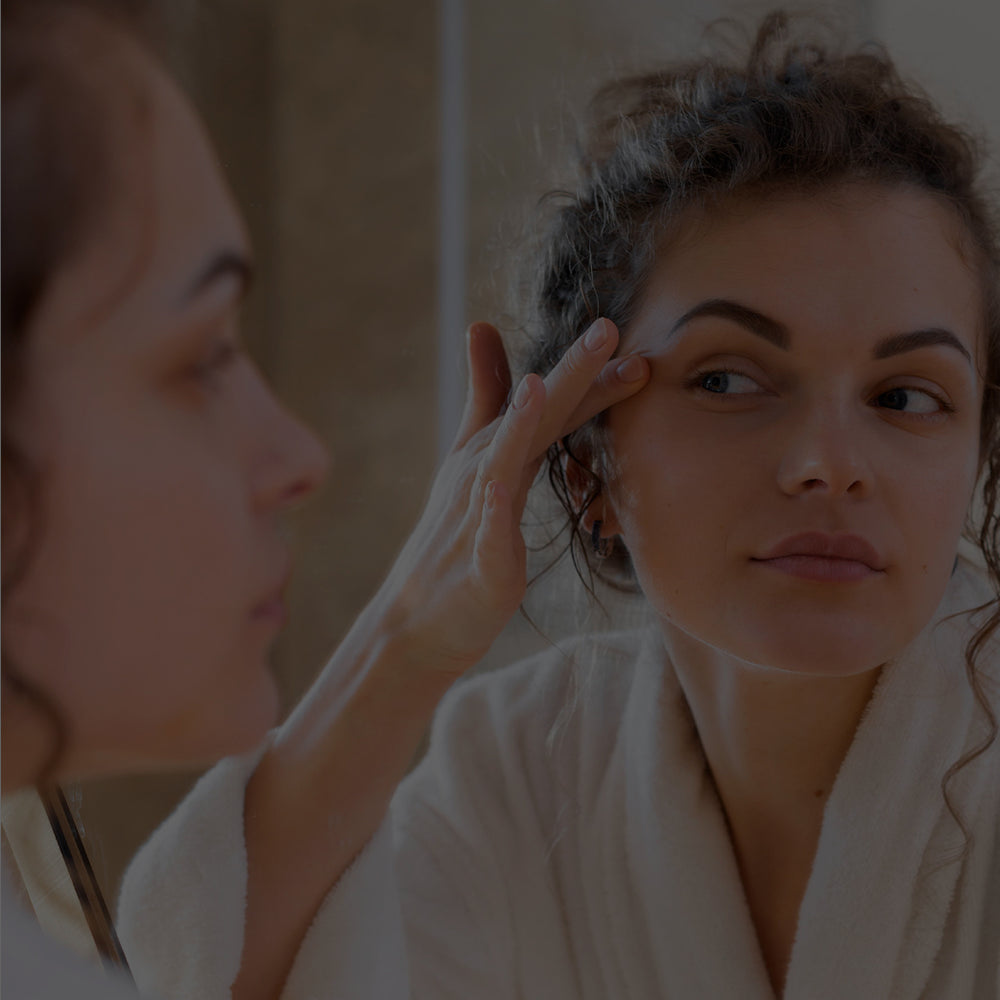Dynamic quality management
A specification is an evolving document, likely to be continuously updated and improved according to advances in knowledge, changes in technological capabilities and general regulations. It is within this framework that the national specifications evolve to benefit from the advances resulting from reflections on the specifications harmonized at European level, the COSMOS reference system.
The COSMOS standard is a Europe-wide private standard that was developed by five founding members.
They are all united in an international non-profit association. Their aim is to promote the use of ingredients from organic farming, to use production and transformation processes that respect the environment and human health, to integrate and develop the concept of "chemical green”.

All our certificates
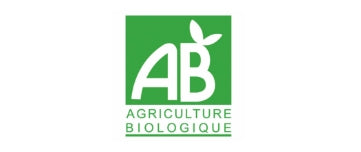
1
Organic Agriculture
Exclusive property of the Ministry of Agriculture, which defines the rules of use, the AB certification mark, like the European organic logo, identifies products that are 100% organic or contain at least 95% organic agricultural products in the case of processed products.
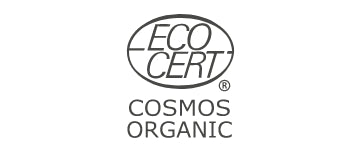
2
Ecocert certification body
Ecocert is an inspection and certification body specializing in organic farming. It was founded in France in 1991 by agricultural engineers aware of the need to develop agriculture that respects the environment and to offer recognition to this mode of production.
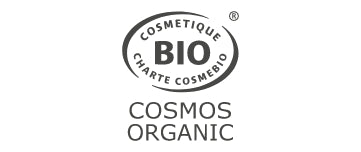
3
The Cosmebio association
A pioneer in organic cosmetics, this association has defined since 2002 a regulatory framework for ecological and organic cosmetology. It brings together all the players in the sector and has nearly 400 members to date in France and abroad. It works in favor of the development of natural and ecological cosmetics based on products from organic farming and green chemistry.
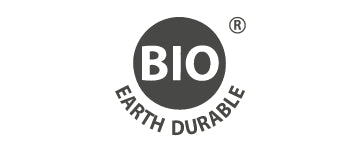
4
The Bio Earth Sustainable standard
BIO EARTH DURABLE is a modern version of ecological and biosourced products, centered on the guarantee of absence of pesticides in products claiming the label and respect for the consumer and sustainable development. This reference system is developed by players gathered in the form of a club with an ethics committee representing the members of the specifications.
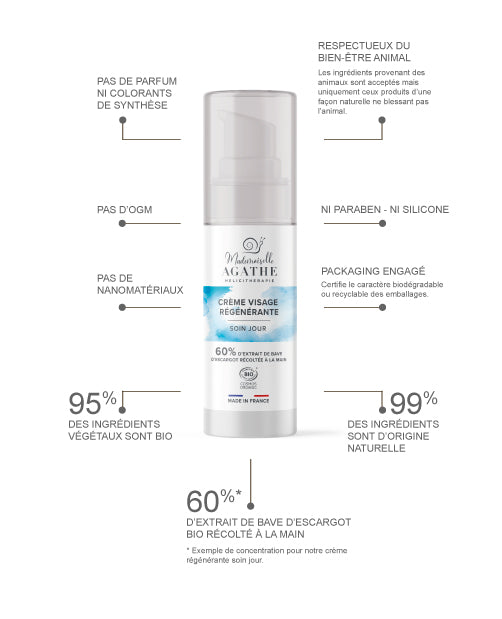
But concretely, what does that mean for Mademoiselle Agathe?
We are the first range of cosmetics to have concentrated so much snail slime extract from organic farming and in a certified way. Indeed, in order to understand the COSMOS ORGANIC label (European standard for a cosmetic wishing to claim an organic and ecological design) we draw the attention of consumers to the fact that all the percentages of concentration of our active ingredients have been checked and certified, from the harvest to the finished product.
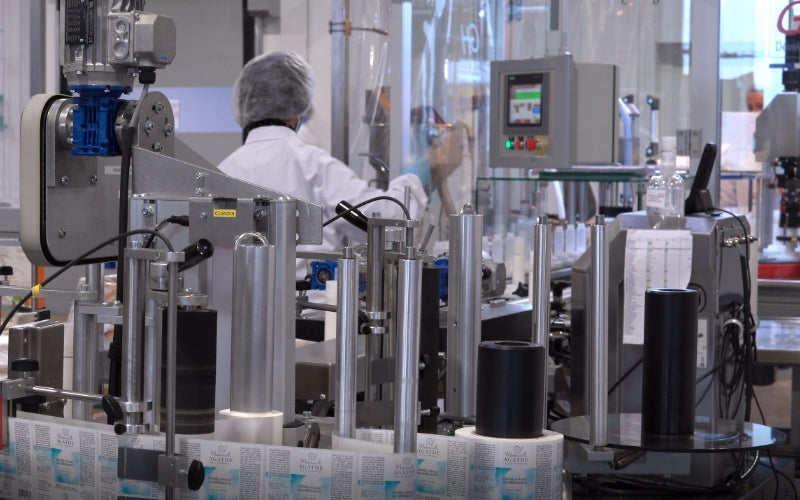
Our partner laboratory is located in Pays de la Loire
It enjoys a privileged location in the valley. Benefiting from the mildness of this territory, it has become the leading French region for the production of medicinal plants. With more than 100 plants with therapeutic virtues, most of which have been cultivated there for more than a century, our cosmetic laboratory collects a selection of extracts from various flowers and plants from its local producers, guaranteeing the traceability of raw materials. .
Our laboratory is ISO 22716 certified in application of GMP (Good Manufacturing Practice). Our manufacturing site is controlled by ECOCERT and declared to the ANSM (National Agency for the Safety of Medicines).
Producer of cosmetics of excellence, Made In France, our laboratory has been involved for many years in the production and certification of organic cosmetics in order to guarantee you exceptional products.
Why do rating apps often rate certified organic treatments poorly?
Because of our natural fragrances! Indeed, our COSMOS standard presented above requires the use of 100% natural perfume only. And in most natural fragrances there is the natural presence of allergens, which, unfortunately for organic cosmetics, applications like Yuka note very badly.
It is important, when certain things take more and more place in our habits of life, to wonder about their existence. Especially if these new habits guide your choices. And it is all the more important if we are little or badly informed and let an application decide for us. It is therefore essential for us to respond here to their rating system, and to inform you as objectively as possible, because on our side we also have an indisputable bias.
Know despite all this, that at Yuka no ecological concept is taken into account for the attribution of their note out of 100, when a product is scanned. The components appear from the most dangerous to the least dangerous, not according to the INCI list, from the most concentrated to the least concentrated. The Yuka application does not know how to tell the difference between an ingredient formulated in a desired way for its action, as a sunscreen for example, and a perfume allergen naturally contained in a perfume.
And this constitutes an extremely important bias because the application can give you marks of 100/100 on certain treatments even though several of their ingredients are derived from petrochemicals or are extremely polluting for the environment and are not certifiable in organic cosmetics. .
The special case of benzyl salicylate?
Benzyl salicylate is a natural aromatic molecule that is part of the list of 26 labelable allergens in the INCI list, when its concentration is greater than 0.001% in leave-on products. It can also be derived from petrochemicals and formulated as an ingredient in its own right as a UV filter, but which is prohibited in our COSMOS organic standard. The presence of this molecule in our care is therefore only from our perfume with notes of white flowers and containing 5 natural allergens: linalool, benzyl salicylate, citonellol, limonene, geraniol.
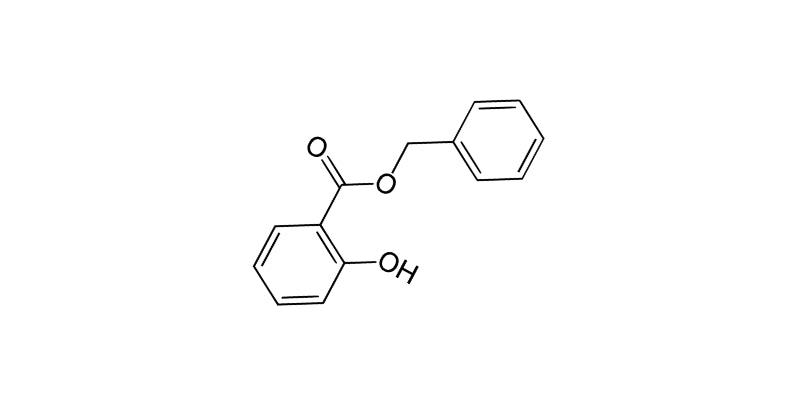
But is benzyl salicylate an endocrine disruptor in Mademoiselle Agathe skincare?
Well no, no and no, because this molecule, present in its natural state in a perfume, is actually sensitizing as an allergen for less than 1% of the European population! But it is not problematic, as demonstrated by the conclusions of the study referenced by Yuka.
Here is Julie de YUKA's response:
"We indicate in the application that Benzyl Salycilate is a suspected endocrine disruptor as well as an allergen. We have studied various sources which have assessed the risks of this component, and studies in the laboratories of the Observatory have actually suspected endocrine disruptor activities.." (https://cosmeticobs.com/fr/ingredient-cosmetique/benzyl-salicylate-343/) as well as 60 million consumers (Special Edition n°189 - August 2017 )
Here is the conclusion of this study: "An anti-androgenic activity of this compound is suspected. Effects of systemic toxicity have also been observed in animal experiments, but at very high doses , with which it is very unlikely to be in contact through cosmetics ."
With regard to Mlle Agathe products, which fall into categories 4 and 5 of the restrictions on face care and cleansing care, the restriction of which is respectively 8 and 4.2%. By putting ourselves in the worst case, i.e. the highest rate of perfume in 0.5% products (namely that this concerns a single reference at Mlle Agathe, the others being at 0.4%) we find ourselves at 0.003% benzyl salicylate in the finished product. This is infinitely lower than the most severe restriction (4.2%), or 1400 times lower,! Which is already well below the very high doses used for the studies cited by Yuka .
The COSMOS certification process provides much more security for your cosmetic care with real people who travel for control audits, rather than an American algorithm which gives a mark.
And for the anecdote, know that by peeling a simple clementine in winter, we receive more or less 1200 times the dose of bensyl salicylate than that of our cosmetics...
